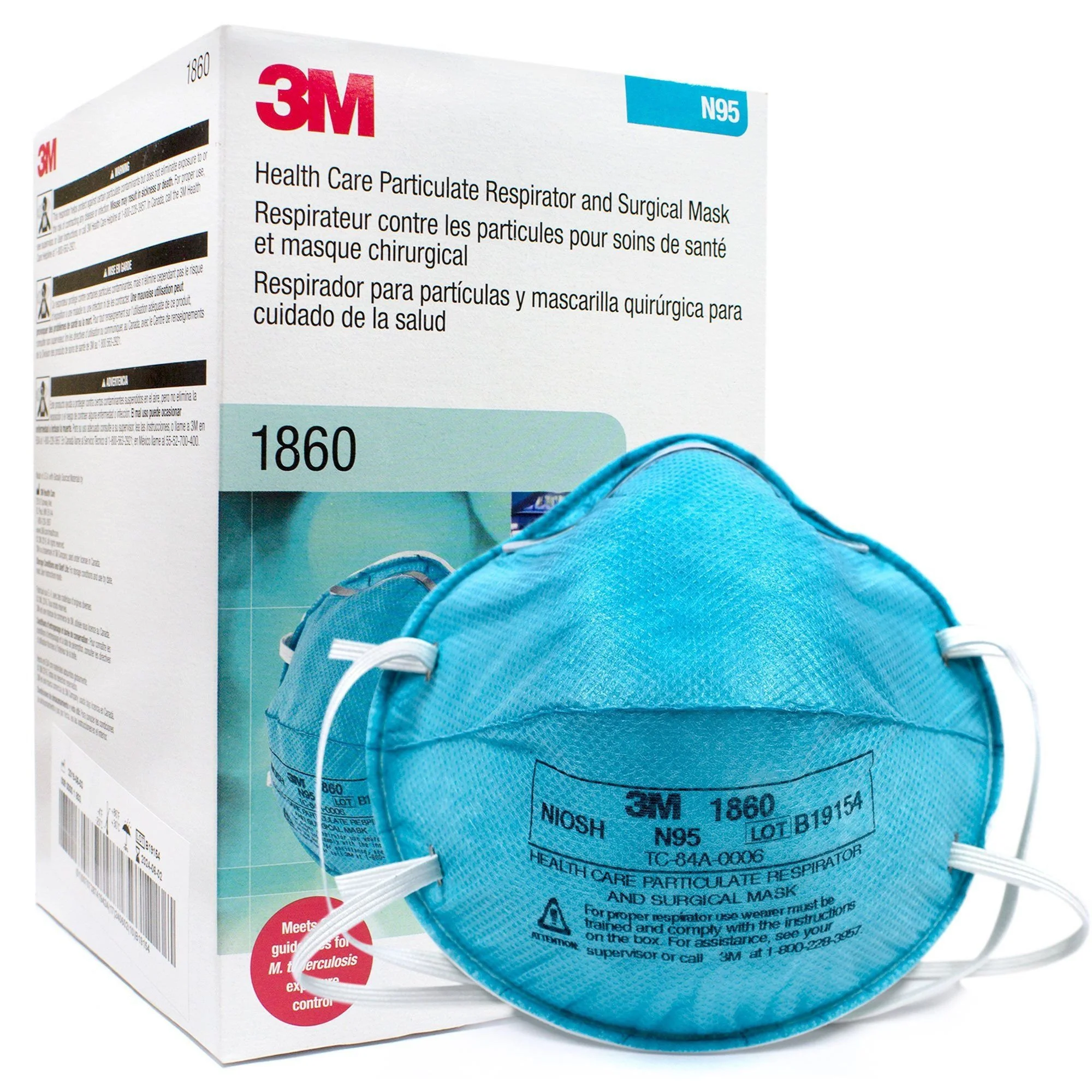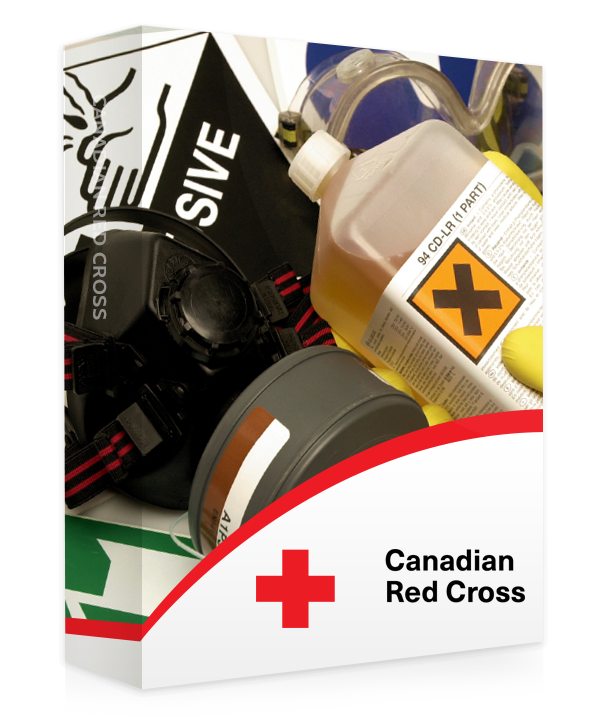Health Care Providers (HCP) Programs
Designed to build participant confidence in performing cardiopulmonary resuscitation (CPR) skills and provide the important steps to perform a rapid assessment, perform Basic Life Support (BLS) skills, and perform rapid defibrillation.
Basic Life Support BLS (HCP) - 7 Hour course with a focus on high-performance CPR for health care providers (HCPs)
Basic Life Support + Standard First Aid adds a comprehensive first aid component for students entering health care programs, and for allied health care providers (e.g. PSWs, public health caregivers)
BLS Re-Certification - Annual renewal course which allows HCPs to review skills
Add-on Modules Include:
WHMIS 2015 (GHS)
Psychological First Aid
Basic Life Support BLS (HCP)
CPR at the Health Care Provider Level
Audience:
In-facility care providers, including nursing staff, care aides, medical and dental professionals.
Pre-hospital care providers, which may include professionals in a fire service, rescue team, sports-medicine, lifeguards and ski patrol.
Class Format: BLENDED (3-hr Online Course + a 4-hr Skills Practice Class)
Certification Included: Canadian Red Cross Basic Life Support HCP (Valid for 1 Year)
Re-Certification Option: Annual review class available in flexible blended or in-class formats (See the Registration page for scheduling options.)
Certification Requirements: 100% attendance, participation, demonstration of skills; 75% min. passing grade on a written, closed book knowledge evaluation
Content:
Basic Life Support special considerations
Primary Assessment
Cardiopulmonary Resuscitation (CPR) and Automated External Defibrillator (AED)
Airway Obstruction
Assisted Ventilations
Intro to Airway Adjuncts & Supplement Oxygen Use
Participant Materials Included:
Canadian Red Cross Basic Life Support Field Guide Printable version – Basic Life Support
Basic Life Support HCP certificate (digital certificate issued upon successful completion)
Available Add-on Modules:
WHMIS 2015 (GHS )
Psychological First Aid (Self-Care, and Caring for Others)
Basic Life Support (HCP) + Standard First Aid with CPR / AED
This course adds a comprehensive first aid component to Basic Life Support, for students entering health care programs, and for allied health care providers (e.g. PSWs, public health caregivers).
Class Format: BLENDED (6-hr Online Course + 7-hr in-person Skills Practice class)
Online course is self-paced. Participants may leave the course at any time and can resume where they left off. The duration will vary depending on the individual learner and their prior knowledge of the subject matter.
Certifications Included:
Canadian Red Cross Basic Life Support HCP (Valid for 1 Year) +
Canadian Red Cross Standard First Aid with CPR/AED Level C (Valid for 3 Years)
Re-Certification Option:
Basic Life Support can be re-certified annually
Standard First Aid can be re-certified within 3 years
Certification Requirements:
Completion of online course modules
100% attendance, participation, demonstration of skills
Passing mark on the Knowledge Check
Content:
All of the Basic Life Support course
First aid for severe wounds
Head, neck and spine injuries
Bone, muscle and joint injuries
Sudden Medical Emergencies
Environmental illnesses
Poisons (includes opioid poisoning)
Participant Materials Included:
Canadian Red Cross Basic Life Support Field Guide (eBook)
Canadian Read Cross First Aid & CPR Guide (eBook)
Basic Life Support HCP certificate (digital certificate issued upon successful completion)
Standard First Aid certificate (digital certificate issued upon successful completion)
Available Add-on Modules:
WHMIS 2015 (GHS )
Psychological First Aid (Self-Care, and Caring for Others)
Add-on Modules:
N95 Mask Fit Test for HCPs
Our N95 Mask Fit Test module allows Health Care Providers (HCPs) to select an appropriate model of N95 mask, and test the fit of the mask to their face. The Qualitative Mask Fit Test is performed by using the person's sense of taste to detect a leak in the seal.
The module includes the following components:
Selection of a 3M N95 respirator based on size (3M Masks on supply: 1870, 1860, 1860s, 8210)
Demonstration of how to correctly don / doff the respirator
Check of the person's sensitivity to the taste solutions which will be used for the Test. A sweet solution (Saccharin), and a bitter solution (Bitrex) will be used.
Fit Test is performed with the person wearing a special hood over their head. The taste solutions are dispersed into the hood using nebulizers. The person will be required to perform several movements to check the seal of their mask.
Note for Mask Fit Test Participants
The test relies on your sense of taste. You must not smoke, eat, chew gum, or drink any liquids (except water), at least 30 minutes before the test.
To ensure a secure seal, you must be clean-shaven.
Audience: Health Care Providers (HCPs), including, Nurses, Dental professionals, and other allied health care providers or Students
Class Format: In-Class: 45-60 minutes In-person Qualitative Fit Test
Certification Included: Vital CPR Mask Fit Test certificate (valid for 2 years)
Certification Requirements:
Successful demonstration of don / doff procedure
Successful Fit Test (no seal leaks)
Participant Materials Included:
1 3M N95 REs (1860 model)
Note: It is not guaranteed the 1860 model will fit securely. An additional $5 charge will apply for each additional mask model required for the Test.
Printable Test Report issued upon successful completion
Hard Copy Mask Fit Test certification card issued upon successful Fit Test
WHMIS 2015 (GHS)
WHMIS 2015 Online is based on the current 2015 legislation and meets the legislated requirement for general WHMIS training. Employers must also provide workplace-specific training and instruction for each of the hazardous products in the workplace.
WHMIS 2015 has come into effect with a transition period that lasts several years (full implementation by December 1, 2018). During this time, suppliers must fully comply with either WHMIS 2015 or with the “old” WHMIS (WHMIS 1988). This means that there may be hazardous products in the workplace that use WHMIS 2015 labels, classifications and Safety Data Sheets and there may be hazardous products that use WHMIS 1988 labels, classifications and (Material) Safety Data Sheets.
Psychological First Aid
This exciting program option teaches everyone how to help others experiencing loss, grief and stress, and also self-care. Learners will come away with coping strategies to prevent, identify and deal with stressful events, and they will better understand what supports are available to them and how they can access or help others to access specialized support.
This program is available as two online courses:
Self-Care: Understanding the effects of stress, loss and grief using the Red Cross Look, Listen, Link, Live model. This course assists learners in developing a personal understanding of the effects of stress, loss, trauma and grief, with emphasis on self-care and personal protection.
Caring for Others: This course helps participants gain an understanding of how to recognize when a person is experiencing distress and how to offer help without judgement or assumptions.
It is recommended to complete the Self Care course before moving to the Caring for Others course.
Note for Course Participants
While mental health first aid programs teach how to help someone experiencing a mental health emergency, Red Cross Psychological First Aid is a resiliency-based program for everyone that offers prevention and coping strategies for dealing with different types of stress resulting from various types of trauma.
Audience: Course is adaptable to all audiences (Youth, Workplace, Professional Responder)
Class Format: Online Course: 45 to 90 minutes
Online course is self-paced. Participants may leave the course at any time and can resume where they left off. The duration will vary depending on the individual learner and their prior knowledge of the subject matter.
Certification Included: Canadian Red Cross Psychological First Aid (Self Care, or Caring for Others)
Certification Requirements: Completion of the online course, including interactive content and creation of a self care plan
Participant Materials Included:
Psychological First Aid: Self Care, or Caring for Others online course
Printable certificate issued upon successful completion





